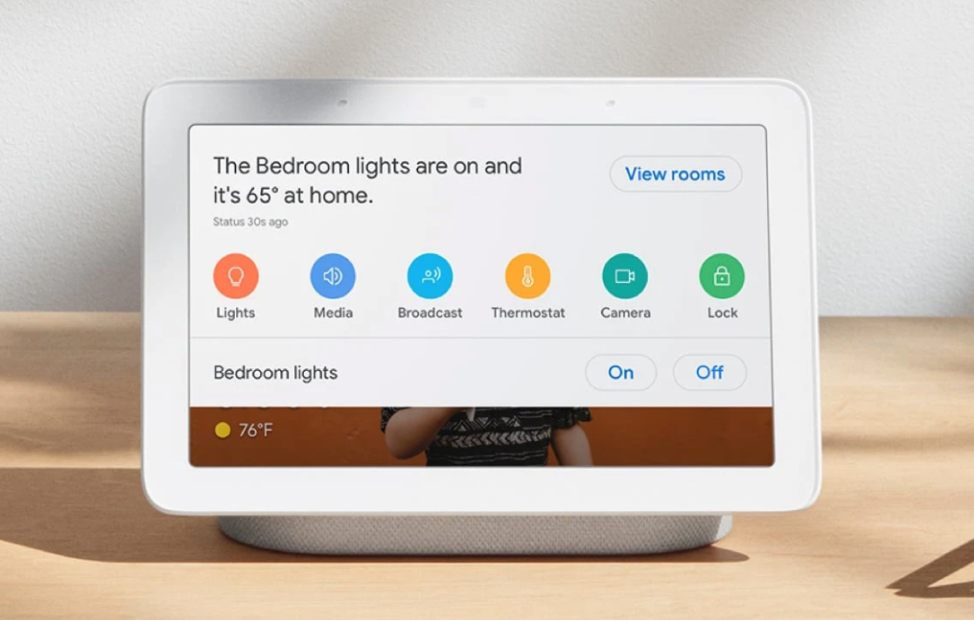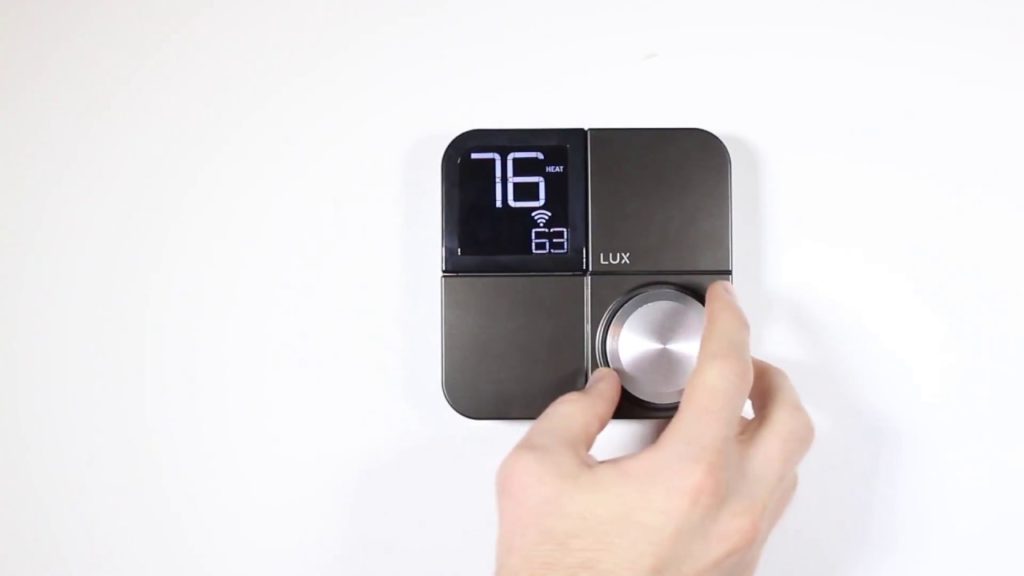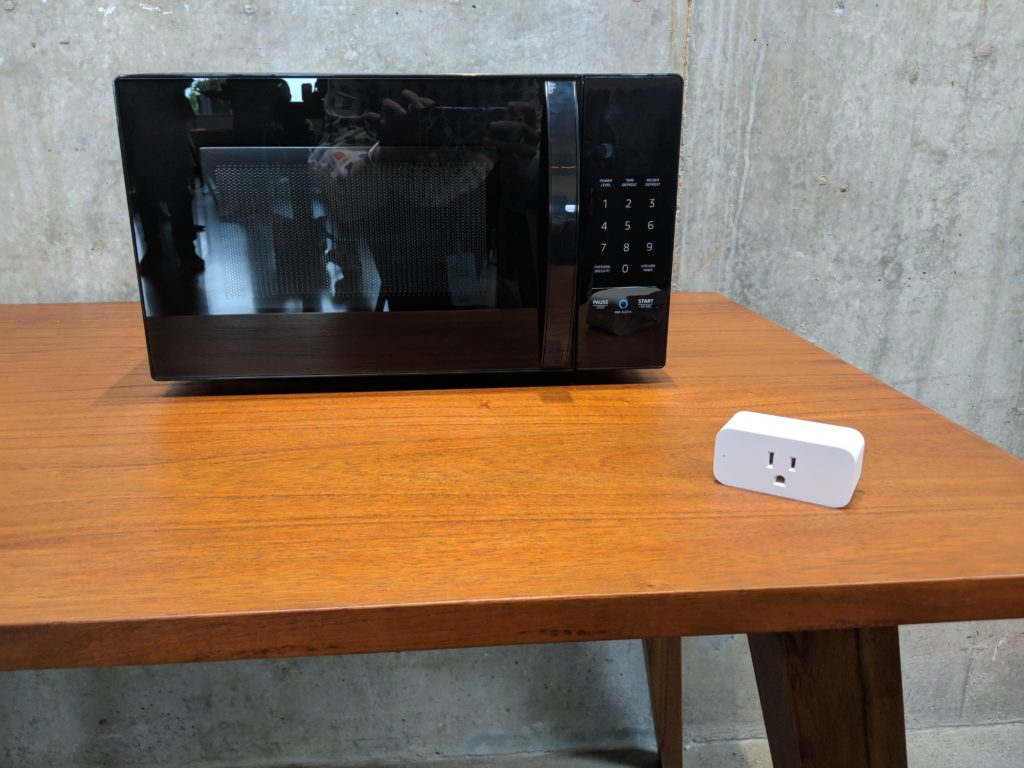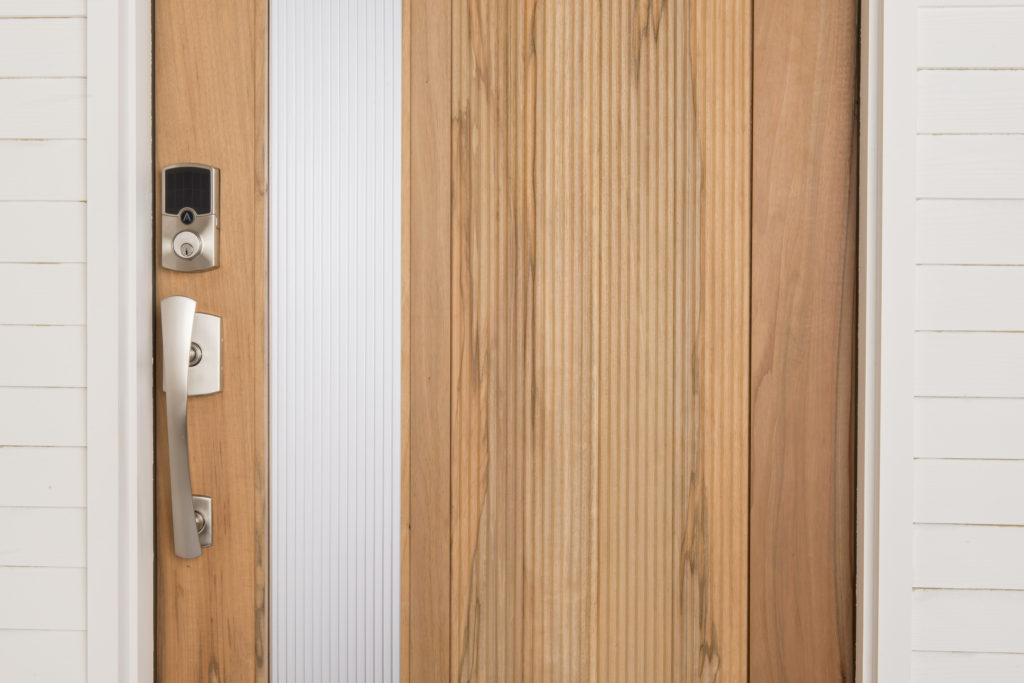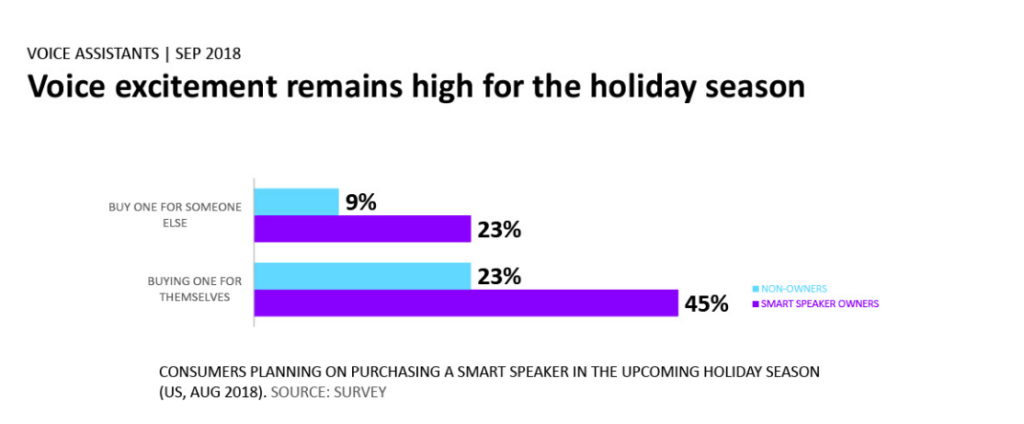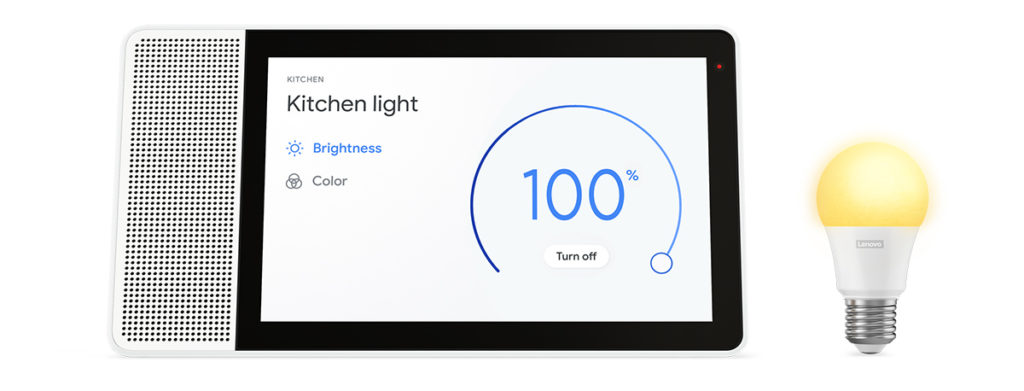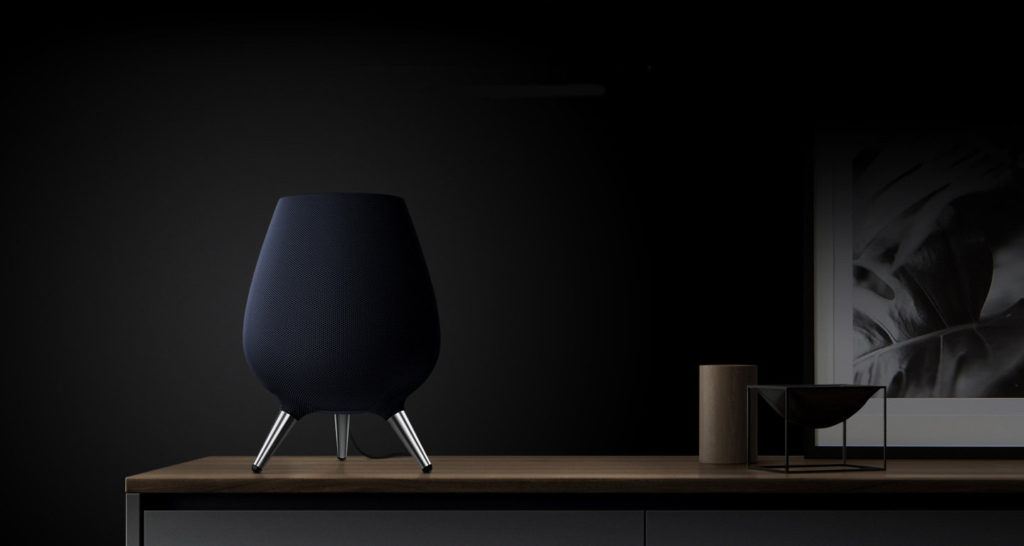We’re nearing the end of 2018, which is as good a time as any to relaunch the smart glasses concept. We discuss the new new Focals glasses, tie them in with Qualcomm’s new chips for Alexa-based ear buds and then tackle the Google Home Hub. From there we cover Amazon’s face recognition software, Tim Cook’s statements on privacy and use GM and Alphabet’s Sidewalk Labs as a case study to explain why privacy is so important. After that, we talk about a new device to detect falls, a resource article for those dealing with domestic violence in smart homes and a new chip company using a novel form of energy harvesting. We conclude the news segment by answering a listener question about issues with Apple’s iOS 12 update making it difficult for some IoT devices.

Our guest this week is Hugo Fiennes, the CEO of Electric Imp, who shares how a connected product made by a company that no longer exists can still operate and get security updates. For fans of the Quirky egg minder this is great news. We also talk about the rush of new IoT platforms that have cellular connectivity and why they are so popular now. We end with a fun workplace IoT project involving Slack, some code and connected speakers. Enjoy the show.
Hosts: Stacey Higginbotham and Kevin Tofel
Guest: Hugo Fiennes, CEO of Electric Imp
Sponsors: Cognizant and Auklet
- New AR smart glasses test the market for connected eyewear … again
- Privacy will be the defining issue of the IoT
- Walabot is designed to detect falls
- How the Quirky Egg Minder works even after the company that made it failed
- Can cellular take over the IoT?
Podcast: Play in new window | Download | Embed
Subscribe: RSS

